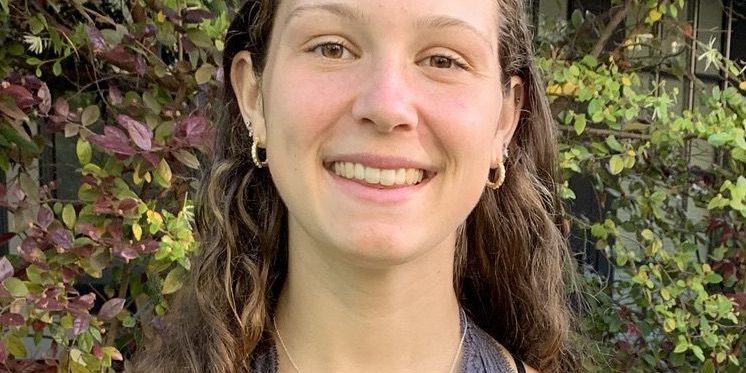Authors: Rachael E. Flatt, Elliott Norman, Laura M. Thornton, Ellen E. Fitzsimmons-Craft, Katherine N. Balantekin, Lauren Smolar, Claire Mysko, Denise E. Wifley, C. Barr Taylor, Cynthia M. Bulik
Journal: Eating Behaviors
Aim of study: To identify differences between military personnel/veterans and civilians regarding the frequency and presentation of disordered eating behaviors and attitudes towards eating disorder treatment.
Participants: A total of 113,388 individuals completed the National Eating Disorders Association’s (NEDA) anonymous online screening tool for assessment of probable eating disorders or risk. A total of 1,744 individuals self-identified as military personnel/veterans; the remaining participants were classified as civilians.
Results:
Disordered Eating Behaviors: Military personnel/veterans were more likely to engage in diuretic/laxative use and excessive exercise than civilians. Female military personnel/veterans also reported more engagement in fasting than female civilians. Male military personnel/veterans were less likely to engage in vomiting than male civilians.
Treatment Seeking: No significant differences were found for eating disorder treatment history and intention to seek eating disorder treatment between the military personnel/veteran group and the civilian group.
Conclusions: Military personnel/veterans were more likely overall to engage in disordered eating behaviors than civilians. Additional research is needed to determine whether this difference is clinically meaningful and may indicate greater severity in the military/veteran population. This might suggest increased eating disorder severity. Regarding treatment seeking, although differences were not observed between the groups, the number of participants who have never received treatment underscores the need to reduce barriers to treatment.
Clinical implications: When providing an online eating disorders screening tool for military personnel and veterans, it is important to offer tailored treatment recommendations to reduce barriers to seeking eating disorder treatment. Future research is needed to understand these barriers and how best to overcome them.







